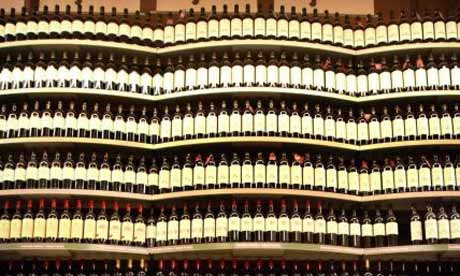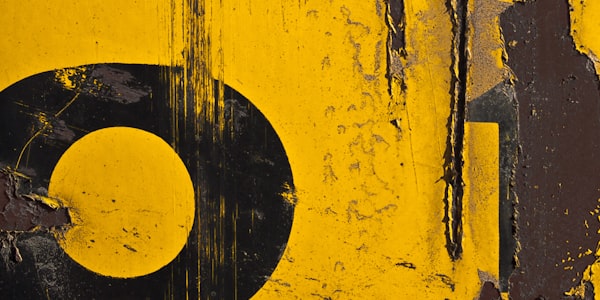It’s long been an open secret that the best writing about SA wine emanates from London. Which could explain why Wines of SA [WoSA], the exporter’s mouthpiece, are flying so many UK pundits to Cape Wine 2008 later this month. A biennial bibulous bash, it should more sensitively be called SA Wine 2008 as the Western Cape is not the only province making the stuff or paying the pundits’ bills. My own invitation noted rather sternly “unfortunately, we are not able to cover costs incurred for transport and accommodation but we are happy to offer a vehicle for the evening of Cape Cuisine, for Cape Town-based transfers.” So my own attendance should not dig the rumored R800 000 hole in the CW2008 accounts any deeper.

Right on cue, everyone’s favourite lefty hymn sheet, The Guardian, has produced the Guardian & Observer Wine Guide, jam packed with useful stories and schoolboy howlers like the observation that one great white grape grown in the UK is Pinot Noir.
Also a tad off-message is Dr. Tom Smith on drinking wine for health who notes that while resveratrol does indeed prolong the life of worms by 60%, humans would need to drink 72 bottles a day to produce the same effect and who has the budget for that?
Another gem is Steven Spurrier on the merits of tasting blind. The man behind the most famous wine tasting ever (the 1976 Bordeaux/Napa shoot-out) and hopefully soon to be immortalized and played by Danny de Vito in a Hollywood treatment, states the obvious “had the labels been shown, sides would have been taken, completely influencing the result. Blind tastings allow wines to speak for themselves.”
And Jancis Robinson MW weighs in with a terrific quote “even I have to admit that water is a damned fine drink” who goes on to explain that MW stands for “wine-loving masochist” which should surely then be written WM. Or perhaps MW stands for Miss Whiplash?
So how does SA fare? Well its early days, with only red cultivars covered thus far, but clearly there is an opportunity for WoSA to correct some misconceptions about the Mondo Vino Afrika Borwa later this month.
Shiraz/Syrah: “South African Shiraz, generally from younger vines, can taste rather earthy and hot. Some of those who make the finest South African examples label them Syrah.” Perhaps they’re tasting the wrong ones, as the Decanter World Wine Awards just gave the International Trophy for Rhône Varietals to the Cederberg 2006.
Pinot Noir: “Most of South Africa is too warm for pinot noir, but there are exceptions in Walker Bay and Elgin.”
Merlot: “Merlot is now the fourth most popular red wine variety in South Africa, which has already shown just how gorgeous an oak-aged merlot ripened in a relatively warm climate can be.”
Cabernet Sauvignon: “Cape winemakers have tended to make 100% Cabernets, unsoftened by Merlot or leavened by Cabernet Franc.”
Pinotage: “Pinotage is South Africa’s controversial grape speciality, a crossing of Pinot Noir and Cinsaut (once called Hermitage in South Africa). Its vibrantly fruity wines can smell oddly paint-like, but if carefully vinified Pinotage can be a serious wine.”



